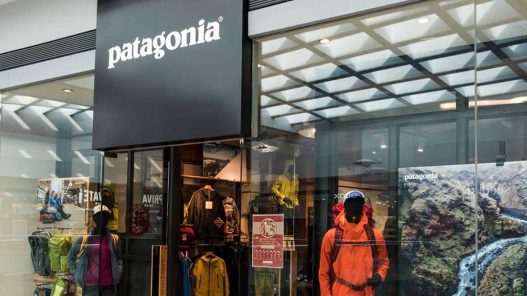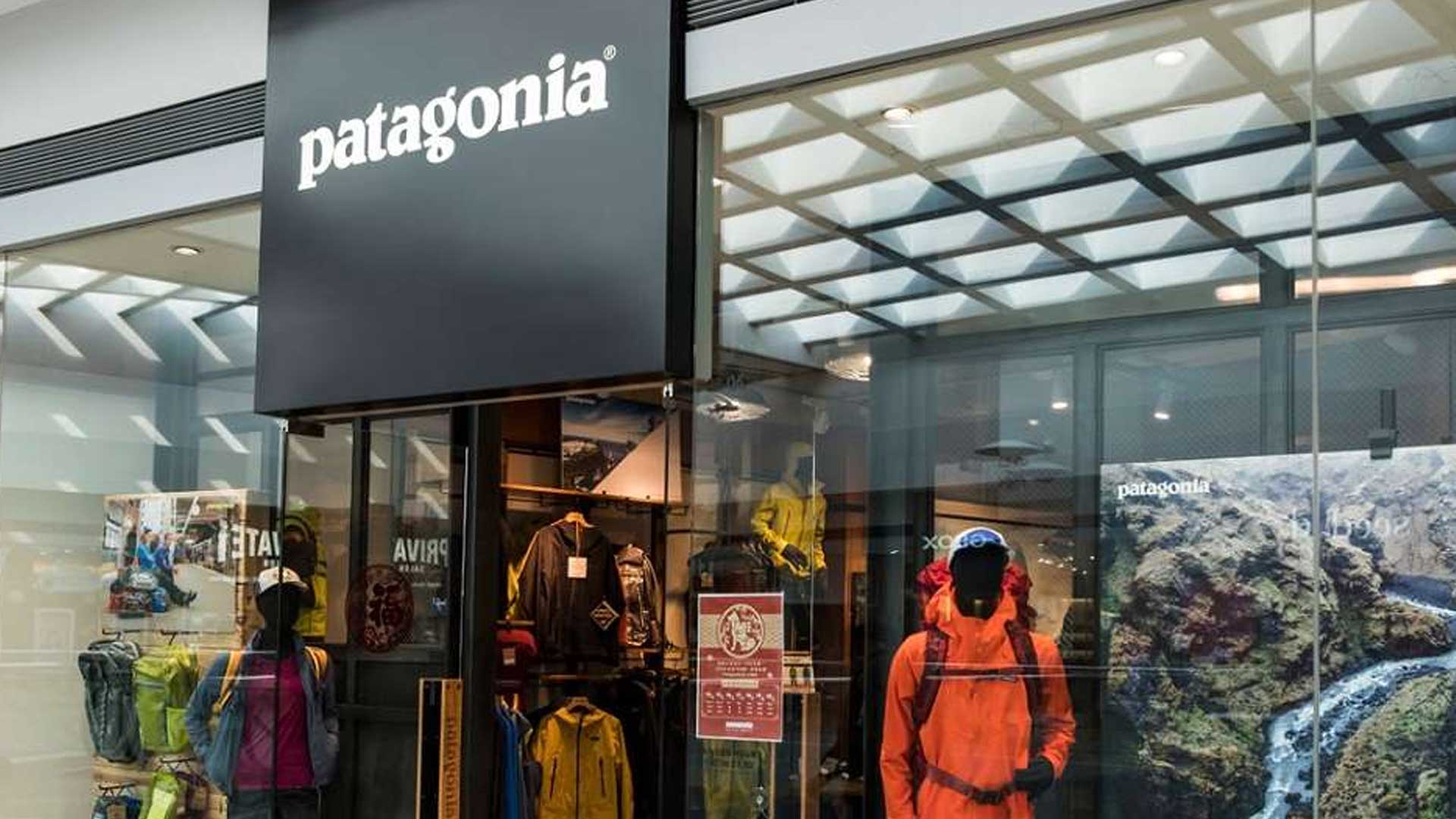In the world of outdoor apparel, Patagonia’s incorporation of environmental stewardship into its fabric stands as a good piece of work. Most of this is attributed to the company’s founder, Yvon Chouinard, an influential businessman whose focus on environmentalism has changed Patagonia’s strategy to sustainability. Chouinard has turned Patagonia from a conventional clothing company into a purpose-driven organization, encouraging other companies to embrace environmentalism as their business strategy.
Building a Business with Purpose
Yvon Chouinard, a keen lover of the outdoors, started Patagonia in 1973. It was not his intention to start a multi-million dollar company; his primary aim was to produce durable gear that would be able to cope with outdoor adventurers’ demands. Gradually, he began to understand the effects clothing production was having on the environment. Instead of turning a blind eye to these issues, Chouinard made efforts to reduce the company imprint. Patagonia’s growth was guided by his ethos, which makes no unnecessary harm to the planet.
This journey of environmental commitment by Patagonia started from making minor positive alterations. The company was one of the pioneers in the outdoor apparel industry to convert to organic cotton due to the environmental harm of conventional cotton production. Patagonia has also come up with new uses of recycled materials, such as plastic bottles for fabrication and reusing old gear for a more circular system of production.
A Revolution in Responsible Business Practices
Chouinard delivered the company to the state, in which it evolved into one of the first pioneers of the corporate sustainability approach. His influence did not stop with product change; Chouinard also brought the idea of accountability across various aspects of the company. Patagonia donated 1% of its sales per year to environmental issues, and this policy has been supported by the “1% for the planet” that was established by Chouinard in 2002. These business strategies were innovative, marking a shift away from the profit-at-all-costs mentality that formed the primary characteristic of large business enterprises.
Patagonia also operates with what could be called an ‘activist’ business approach, engaging in campaigns to protect wild areas, fight climate change, and minimize waste. Through initiatives such as Patagonia Action Works, the company unites customers with grassroots environmental organizations. This activism appeals to customers who are becoming more sensitive to environmental problems and want their purchases to support brands with shared values.
Radical Choices, Radical Results
Chouinard’s most audacious corporate revolution unfolded in 2022 when he made a decision to transform the ownership of Patagonia to a trust and a nonprofit organization, thereby using the company’s profits to support environmental causes. By doing so, he demonstrates that the state and corporate responsibility is not only to make profits; it’s about making the world a better place.
This decision was strategic and practical. The purpose-driven mission of Patagonia has supported the financial status of the company while proving that sustainability can work well with profitability. Through genuine focus on sustainability, Patagonia has created a fiercely loyal customer base that views its products as part of a larger movement.
The Legacy of Yvon Chouinard’s Vision
Chouinard’s influence on Patagonia has gone a long way in transforming what it means to be a socially sustainable company. Patagonia has been at the forefront of proving that sustainability can run through the company’s structure and its products. This model has sparked a chain reaction in other companies out there to integrate sustainable practices into their work.
In a world where consumers have become wiser and tend to choose brands that relate with the environment, Patagonia offers a blueprint for firms to succeed by carrying out their production skills while protecting the environment at the same time. The legacy of Chouinard shows that business can be a positive force when it is driven by goals and accountability.
Therefore, Patagonia’s impact is not just about selling jackets and gear, but it also demonstrates how a business can influence the world by placing environmental responsibility over other things. For Yvon Chouinard, business goes beyond making profits; it’s about making the world a better place for the people.























